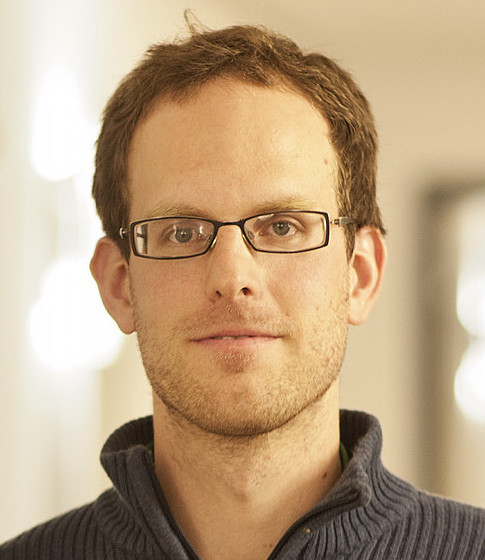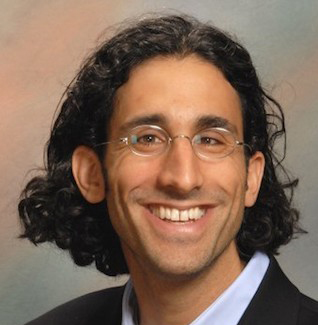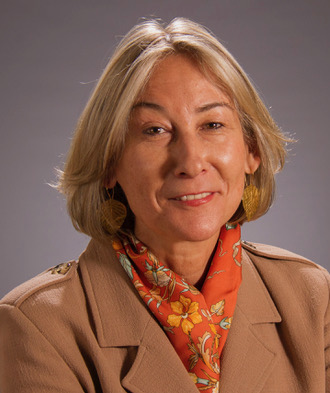Orthodox Churches in the Baltic States Torn Between Moscow and Constantinople

Sebastian Rimestad is a research associate (Heisenberg-Fellow) at the Institute for the Study of Religions, Leipzig University (Germany).
The rhetoric of the Russian Orthodox Church concerning the ongoing war in Ukraine is not only a thorny issue for the Orthodox bishops and faithful in Ukraine but also presents an especially tricky dilemma for Orthodox Churches in the Baltic States. In Estonia, Latvia, and Lithuania, the Orthodox Church is primarily the religious home of the post-Soviet Russian minority, although there are vocal and influential Orthodox actors in all three states who do not identify as Russian.


